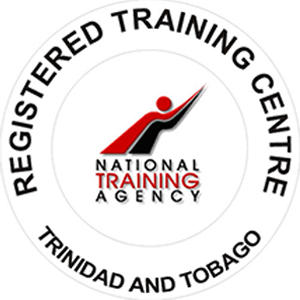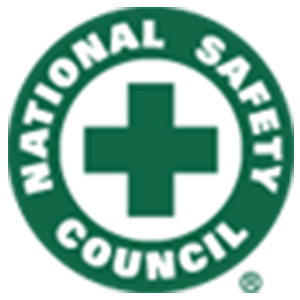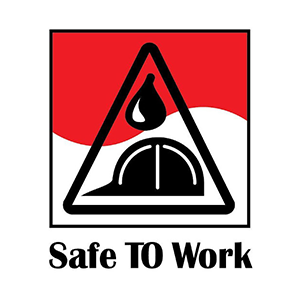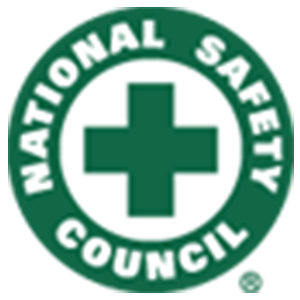Statistics show that most home burglaries occur during the day. To protect your home or business from burglary and damage, there are several things you can do.
Keep the burglars out
Make it harder for a burglar to enter your home by taking some simple actions. Most of the time if the burglar can’t see an easy way in, they won’t try.
- Make sure that all of your entrance doors are solid and cannot be easily broken into.
- Lock your doors and windows and ensure that all locks are of good quality. Make sure that all of your entrance doors are solid and cannot be easily broken into.
- Use a piece of dowel or another stopping mechanism to prevent burglars opening sliding doors and windows if they do force open the lock.
- Keep sliding doors and window rollers in good condition and properly adjusted. For extra safety install an anti-lift device, such as a pin, through the sliding and fixed parts of doors.
- Place stickers and signs around your home to warn burglars of an alarm system, dog or neighbourhood watch program.
- Make sure someone walking along an alley can’t see directly into your house. Alleyways canprovide easy, unseen access onto your property that thieves will use if they can see valuables.
Be a good neighbour
By getting to know your neighbours and keeping an eye out, you can help prevent crime in your area and improve the chances of burglars being caught in the act.
- Get to know your adjacent neighbours. You could even hold a street party!
- Invite neighbours into your home and establish trust.
- Watch out for each other’s homes, including collecting a neighbour’s mail when they’re away (only with their permission, of course).
- If you notice suspicious activity at a neighbouring house, give the owners a call to let them know in case something is wrong.
Improve your lighting
Good lighting practices in and around your home can make all the difference. A sudden bright light might make a burglar think twice.
- Use light timers to show a pattern of occupancy. Leaving a light on for the entire time you’re away can be a big hint to burglars. Timers will also reduce your electricity bill and environmental impact.
- Use motion sensor lights in your backyard and near where you park your car.
- Keep good lighting along the path to your door. You can also use a timer or motion sensor.
Use alarm systems in the right way
Having an alarm at your home can help keep you safe by deterring burglars, frightening them off, or
helping to catch them.
- Make sure there are clear and obvious signs warning burglars of your alarm system. Place them near all common entry points, e.g. front and back doors, the carport and any windows hidden from view from the road. Your alarm system can only deter burglars who know about it.
- Make sure that your alarm system works. It should be properly installed, programmed and maintained and tested occasionally.
- Make sure your alarm system is audible. You want the burglar to know it’s only a matter of time until they’re caught.
- Have your alarm reset after one or two minutes and tell your neighbours it does so. This will stop the alarm from keeping your neighbours awake, unless there’s still someone on your property.
- Tell your neighbours what to do if an alarm does sound. A good response from them might be to turn on their lights, call the police and watch the street for a few minutes so that they can provide a description of the offender to police.










